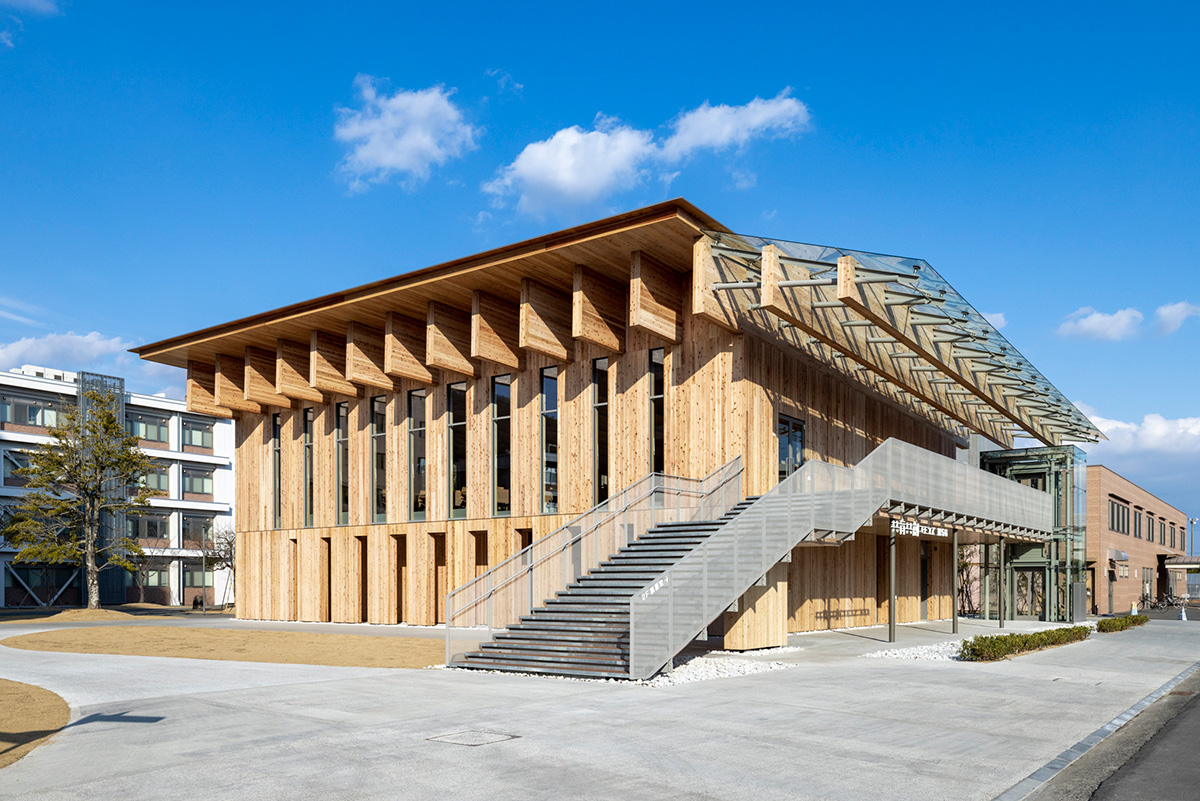

As the first trading company in Japan to offer a full range of environmentally-friendly wooden products, Itochu Kenzai holds sustainability and SDGs as core aspects of its business.

“My mission as the president is to lead the company so that it continues to be the kind of business that makes social contributions through SDGs.”
Hiroshi Sekino, President, Itochu Kenzai Corporation
With a rich history in the trading of building materials, Itochu Kenzai is capitalizing on the rising demand for environmentally friendly and sustainable construction solutions. Hiroshi Sekino, the company’s president, sheds light on the current state of the Japanese construction market and the company's strategic focus on sustainability.
"Japan is currently experiencing a decline in population and thus we see a fall in demand for detached housing," explains Mr. Sekino. "This is the main field of business that we offer, so we are trying to steer our path in other directions, including towards commercial store facilities, buildings, and public facilities like schools or auditoriums."
Traditionally, Japanese people have built houses with timber, so wooden houses make up the majority of the company’s business, however, this is not the case for non-residential buildings such as schools, gymnasiums, and stores. Recently, with the increase of carbon neutrality initiatives, there has been a rise in interest in sustainable and environmentally friendly materials. And, as such, in the redevelopment of buildings and non-residential facilities, wood is increasingly becoming a new and very viable option.
"Although demand for detached houses may be decreasing, there is a growing need for wood's use within non-residential buildings," the president says, "so we are now putting a foot back into the trading of wood and having a history in this we feel we have gained back strength."
One of the advancements in discussion is the aggressive use of CLT (Cross Laminated Timber) and LVL (Laminated Veneer Lumber), both new types of structurally engineered joining wood that utilize glue to sandwich timber together, thus adding the thickness, width and length required for many modern construction projects.
"By combining different types of timber, we can achieve better strength," says Mr. Sekino. "You can also combine it with heat-insulating material or metals to reinforce it. Although we may call it a wooden structure, it is not 100% wood, rather it is augmented by supplemented materials and parts."
As well as strengthening the material's anti-seismic properties, this also provides fire-proof properties, leading to predictions that there will be more wooden structured buildings in the heart of Tokyo.
With an emphasis on the use of Japanese trees as part of its carbon neutrality targets, Mr. Sekino believes the full potential of the country's vast tree reserves has not yet been tapped into. Although the company does not own any forests right now, it is trying to shift and acquire not only the harvesting rights but also to involve itself in the full life cycle for trees, from planting to producing products using the wood, all the way back to replanting again.
"This cycle within our company is important to our SDGs and our branding," he says. "We are collaborating with Itochu group and as people globally continue to be more environmentally aware, there is a big opportunity, especially in Asia, to provide our Japanese-procured timber products.
"We believe this is the new role we will play, taking responsibility as a trading firm in the global market."
0 COMMENTS